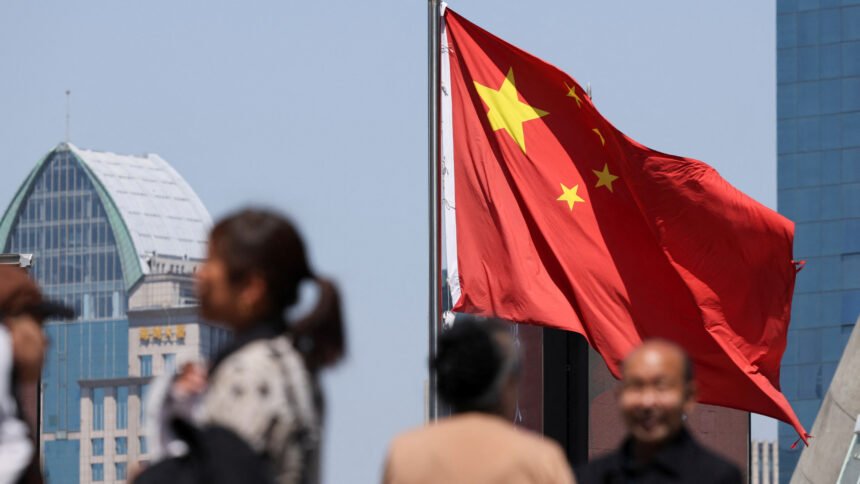China’s August announcement of a new visa aimed at international scientific and technology experts was mainly ignored. However, the K visa, which became effective on Wednesday, gained widespread attention last week when an Indian publication called it China’s H-1B a reference to the US skilled worker visa that Donald Trump targeted with an executive order last month. In recent years, approximately 70% of the H-1B program’s grantees have been Indian nationals.
The Indian media report was extensively circulated in China, raising public concerns and even anxieties about whether providing incentives to foreigners would make it harder for people to find work in a slow employment market.
Tens of thousands of people on Chinese social media criticized the program despite the fact that it is still unclear if the visa would genuinely enable foreigners to work in China or if it only makes it easier for them to enter the country.
We have a large number of individuals with bachelor’s degrees, as well as many more with master’s and PhD degrees. You’re bringing in foreign college grads when we already have an abundance of talented people in our country?” read one comment. Another Weibo user said, There are a lot of new programs encouraging our university students to compete with one another, but nothing beats a foreign passport in the end.
Also Read:
Shaping the Future through AI Solutions: Stefan Kløvning as the Co-founder of Nordic AI
Empowering Humans with AI: Sebastian Knørr Vision Behind Building Nordic AI




